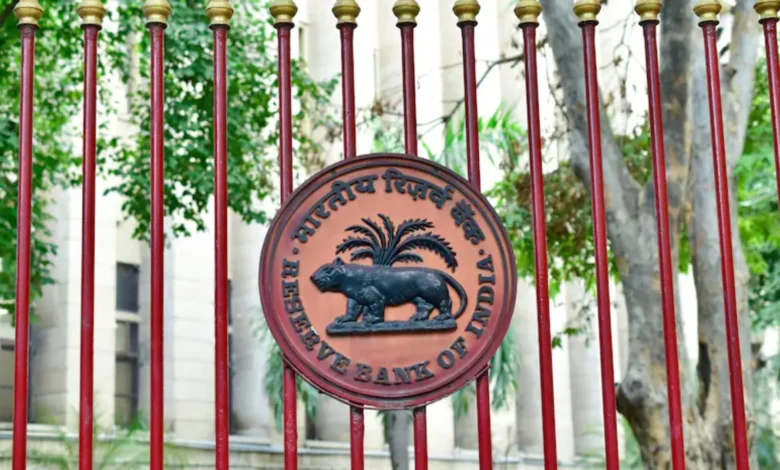RBI Issues Revised Draft Guidelines on Investments by Banks and NBFCs in Alternative Investment Funds (AIFs)

The Reserve Bank of India (RBI) has released revised draft guidelines for investments by regulated entities (REs)—such as banks and NBFCs—in Alternative Investment Funds (AIFs). These new directions aim to strengthen financial discipline and curb potential risks like evergreening of loans through AIFs.
Earlier, on December 19, 2023, RBI had issued initial guidelines, followed by further clarifications on March 27, 2024. Upon review, the RBI noted that these measures helped improve compliance and control over such investments. Meanwhile, SEBI has also tightened rules around due diligence to prevent misuse of AIF structures.
Key Proposals in the Revised Draft Guidelines:
- Investment Limits:
- A single regulated entity can invest up to 10% of an AIF’s total corpus.
- The combined investment by all REs in a particular AIF scheme is capped at 15%.
- Unrestricted Investments:
- REs can invest up to 5% of an AIF’s corpus without any special restrictions.
- Provisioning Requirement:
- If an RE invests more than 5%, and the AIF in turn makes debt investments in a borrower already associated with that RE, then the RE must make 100% provisioning for its share of that exposure.
- This excludes equity, compulsorily convertible preference shares, and debentures.
- Strategic Exemptions:
- RBI may exempt certain AIFs that are set up for strategic purposes in consultation with the Government.
- Prospective Implementation:
- These new rules will apply going forward. Existing investments will continue under the previous guidelines.
Feedback Invited
RBI is seeking suggestions and comments from the public and stakeholders on these draft guidelines until June 8, 2025.
Comments can be submitted via the ‘Connect 2 Regulate’ section on the RBI website, or sent to:
The Chief General Manager
Credit Risk Group, Department of Regulation
Reserve Bank of India
12/13th Floor, Shahid Bhagat Singh Marg,
Fort, Mumbai – 400 001
Email submissions are also accepted [feedbackcrg@rbi.org.in]
These changes are aimed at bringing more transparency, reducing risk exposure, and strengthening regulatory compliance in the investment space involving AIFs.
